The bar at the Special Forces club has the marvellous rule for newcomers that they should talk to the person on their right. So I was standing at the end of the bar in the Special Forces club, ordering a round of drinks to take back to a table. The round was a large gin and tonic, a pint of lager and a glass of house red. To all appearances, while the barman was arranging these drinks, I might have been standing on my own, and the chap on my left duly introduced himself. He was about 60 years old and unmistakably a military man. Even the bags under his eyes looked military. The face had seen all there was to see, but it retained a kind of straight-faced conviviality. Blue blazer, blue and white striped shirt, military tie. He told me that he had been roped in at the last minute to host the lunch and talk. Via a fleeting comic mime he also confided his mental disarray at such short notice, which was unconvincing given the overriding impression of languorous unflappability.
Learning that I was a first-time visitor to the Special Forces club, he kindly gave me a succinct version of how we were going to spend the next few hours. ‘What we are going to do is this. We’ll have another couple of drinks, then we’ll toddle downstairs to the drawing room to hear the chap speak — it shouldn’t take long — then we’ll all come back up here and get pissed.’ Feeling very much at home on hearing this, I said, ‘And did you speak to me because I am standing on your right?’ ‘No, no,’ he said. ‘I’m just putting everyone in the picture.’ Then I returned to our table and distributed the drinks.
I had been invited to the talk and lunch by an ex-para and Special Forces chap now working as a security adviser to mining companies in Africa. Half an hour listening to him talk about his past and present life is an education in geopolitics, and what one learns bears little or no resemblance to what one has read in the newspapers. His was the house red. His other guest — the pint of lager — was a taciturn, pleasant man whom he introduced as his father-in-law. Just as he was coming to the end of another one of his amazing tales — this one was about the Irish Rangers in Sierra Leone — there was a general exodus towards the door and staircase, which we joined, taking our drinks with us.
The talk was on Winston Churchill; the speaker the author Max Arthur, who has a new pictorial biography of the great warrior just out. He stood at a lectern and about 20 of us sat or stood in the comfortable drawing room facing him. I guessed that everyone there, like me, had consumed all the major biographies, and been lately refreshed and enlivened by Boris’s rattling good read, and that there was little that Mr Arthur would say to us that we didn’t already know. So I was prepared to settle back, put on an interested face, and listen as though I were listening to a favourite CD. But Mr Arthur astutely narrowed his topic to Churchill’s childhood, selecting the most powerful influences on the lad’s formative thinking and imagination, and he buoyed us up and carried us along with the quiet, fervid assurance of a revivalist preacher. These boyhood influences included of course his parents’ indifference and his nanny’s devotion; his father’s political speeches, which young Winston memorised by heart; the Zulu war; the tragic sinking of the training ship Eurydice, which he witnessed from the shore; and his toy soldiers. ‘The toy soldiers changed the current of my life,’ he wrote later.
I had taken a Modafinil ‘smart’ pill that morning and could have listened to Mr Arthur all afternoon. But all too soon he was looking for questions, of which there was only one; a woman wondered about the extent of Churchill’s mental illness. Then we all trooped upstairs again, past the ranks of framed photographs of notable former SOE and Special Forces operatives — among those I immediately recognised were Sir Archibald David Stirling DSO, OBE; Peter Fleming OBE; and Captain Robert Nairac GC — to get pissed. There was also a curry available, ladled from a counter at the end of the bar. In the curry queue, I asked the youngish chap standing on my right, who said he worked for military intelligence, about the various bravery citations and how they ranked and what the letters stood for. The DSO, he said, stood for Dick Shot Off, and the GC, he said, now helping himself to papadums, meant that the recipient enjoyed a Good Curry.
Got something to add? Join the discussion and comment below.
Get 10 issues for just $10
Subscribe to The Spectator Australia today for the next 10 magazine issues, plus full online access, for just $10.


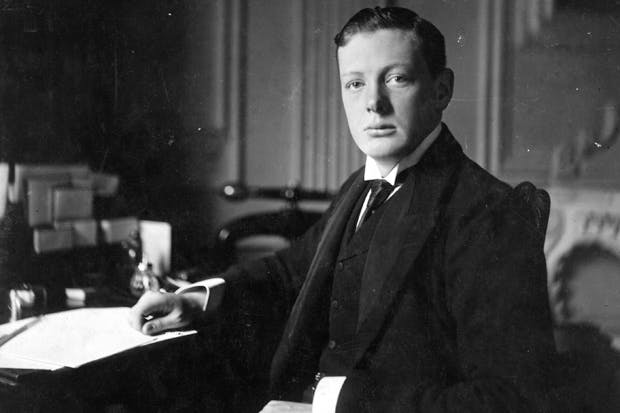
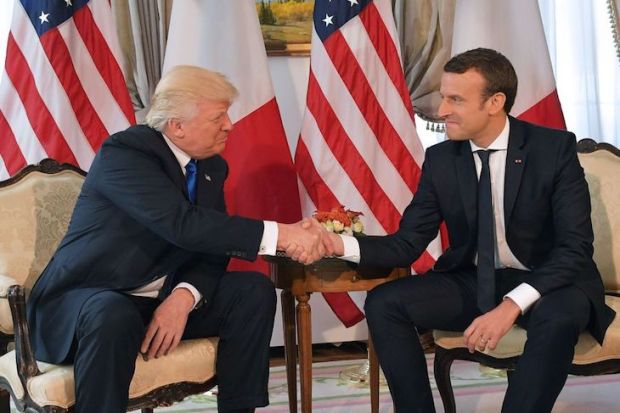
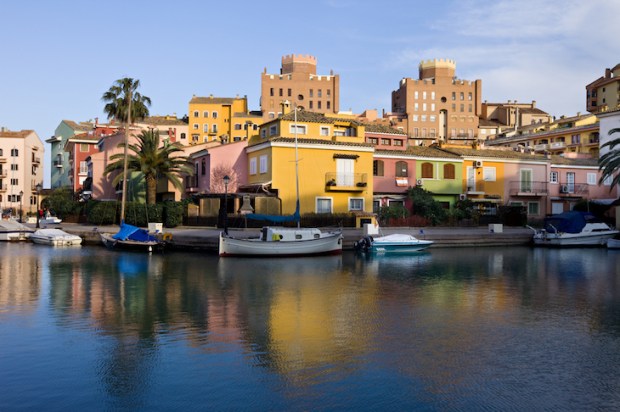
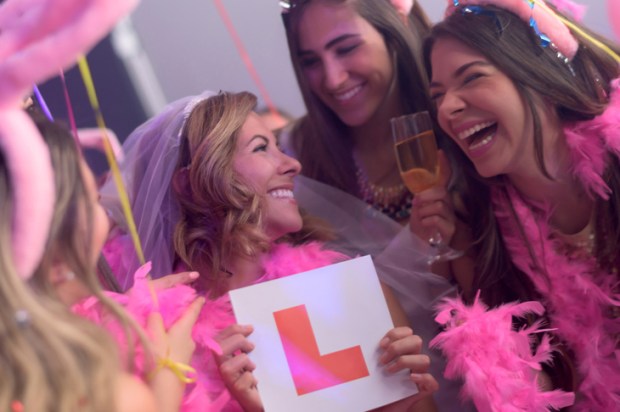
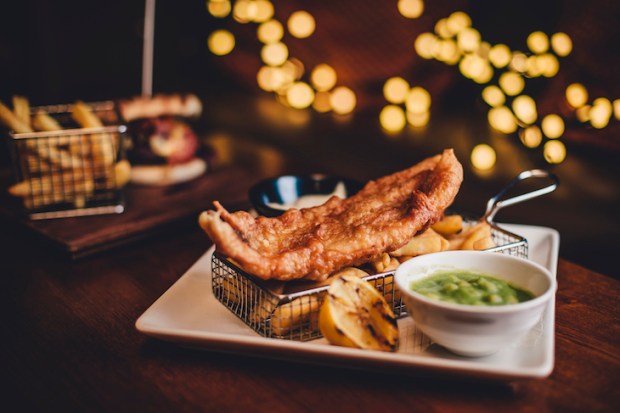
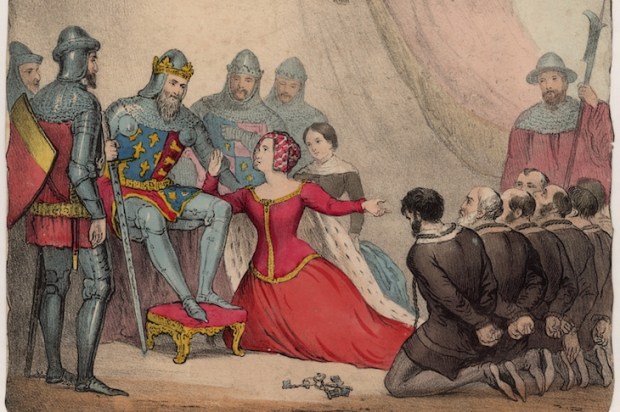







Comments
Don't miss out
Join the conversation with other Spectator Australia readers. Subscribe to leave a comment.
SUBSCRIBEAlready a subscriber? Log in